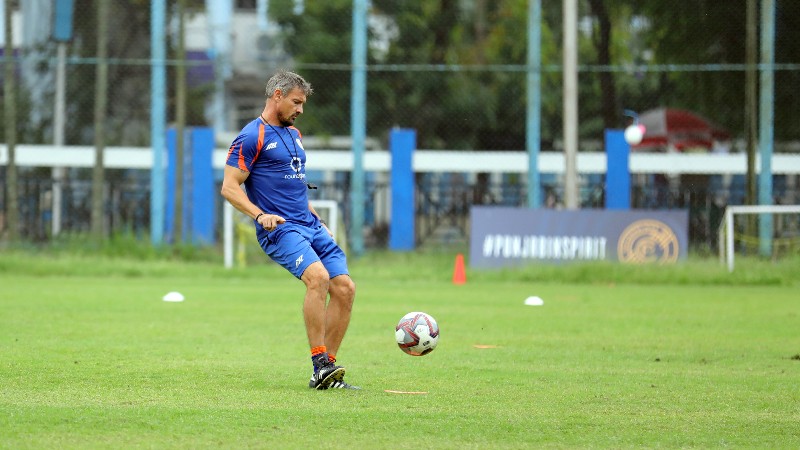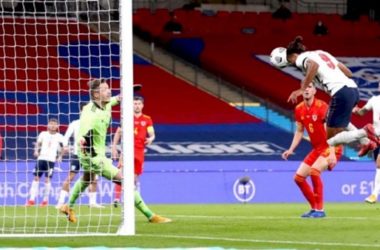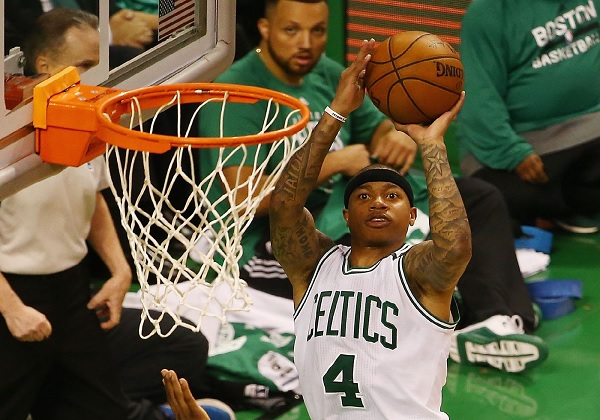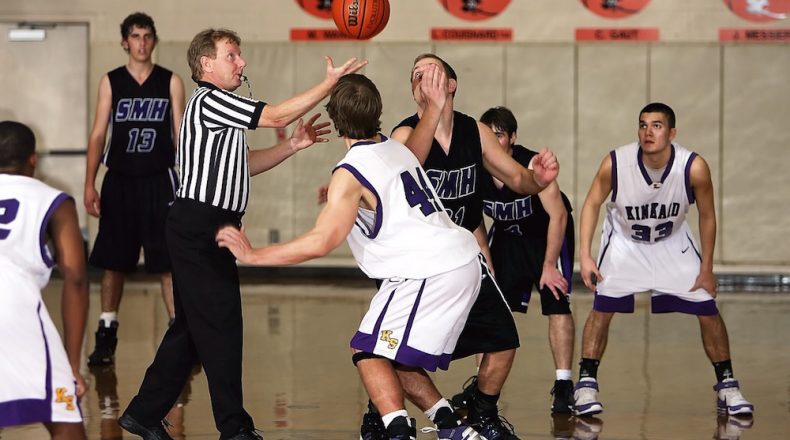The European Championships has given us some classic moments over the years. Actually, some of the all-time events in football history. Think of the Panenka penalty in 1976 against the Germans, the rise of Platini in the 1980s, the first Golden goals in big final games, and the dominant Spain side of the 2000s and early 2010s. As you gear up for this summer and the exciting tournament in Germany and begin to put together your guesses and choices for the Euros 2024 football predictor game you play, let’s take a look back at the history of this pan-European international football tournament.
The beginnings of the European Championships
Henri Delaunay, the Secretary-General of the French Football Federation proposed a pan-European football tournament as far back as 1927. In fact, the European Championships was finally established quite late in the day when compared with other continental competitions. For instance, the Copa America started way back in 1916, the Asian Cup in 1956, and the first AFCON was in 1957 (both the Asian and African tournaments have thrown up shocks and loads of goals and quality in the 2024 editions, go check them out!).
Unfortunately for Delaunay, the first European Championship did not take place until a few years after his death, with the first tournament taking place in 1960. It would also not take the format that we recognise today for quite some time. In honour of Delaunay, the trophy presented to the winners of each tournament is named after him.
Tournament format from 1960-1980
At the start of the Euros, the competing teams took part in home and away qualifying until getting down to a final four, where the hosts were chosen from those teams. From 1968 there was a combination of qualifying groups and home and away playoffs.
The first tournament was held in France in 1960 and 17 countries were involved in the qualifying. The final tournament itself took place in Paris and Marseille with the 4 remaining countries. Prior to those games it had taken the form of a home and away direct knockout format. The Soviet Union won the inaugural title, and would get to the final four years later, losing to the hosts Spain (a highly anticipated game after Spanish dictator Franco refused to allow his national team to travel to Moscow in the quarter-finals four years earlier, leading to disqualification).
Italy won the tournament as hosts in 1968, beating Yugoslavia and was the first country to win both the Euros and a World Cup. West Germany would win the 1972 edition and follow it up with a World Cup win on home soil two years later.
The Panenka!
The dominant West Germans were expected to win the 1976 edition of the Euros but came up against a stubborn and technical Czechoslovakia side in the final in Belgrade. The match went to penalties and the decisive kick was taken by Antonin Panenka. It was a risky technique, where the ball was chipped slowly down the middle of the goal, with the idea that the goalkeeper will always dive one way or the other. It was a spectacular and impudent way to win and has been copied to varying degrees of success in the decades since.
The change in format from 1980 onwards
From 1980 onwards a host nation was chosen in advance, with Italy the first to be awarded host status. There were 8 teams playing across 4 cities in that edition, and the tournament was expanded to 16 teams at Euro 96 in England, and then again to 24 teams at Euro 2016 in France, which has remained the current number of qualifiers since. In this format there are 6 groups of 4 teams, the top two in each qualify for the last-16, along with the 4 best 3rd placed teams.
The individual stars of the 80s
When you think of the European Championships of the 1980s there are two standout names that dominated their respective tournaments and played within a great collective team, making waves. This is Michel Platini’s France side of 1984 and Marco van Basten’s Netherlands team of 1988. There was plenty to enjoy in this period, the dominant and exotic French side winning on home soil (including an all-time great semi-final against Portugal), with Platini, Tigana, and Giresse forming the ‘Magic Square in midfield. The Dutch were similarly intoxicating in 1988 in West Germany, finally winning on the big stage after near misses at World Cup finals in 1974 and 1978. Van Basten, Gullit, Rijkaard et al would cause chaos for opponents and van Basten’s goal against USSR in the 1988 final is one of the best volleys and goals of all time.
Shock wins and Golden and Silver goals
Moving into the 90s and beyond and we had some shock tournament winners (Denmark in 1992 after only being called in at the last minute to replace Yugoslavia, and Greece boring their way to victory in 20041). This was also the era of experimentation with classic game formats and rules. A united Germany won Euro 96 thanks to the first Golden Goal in an international tournament, and France would win Euro 2000 through another Golden Goal. The Silver Goal only came into play once, in the Euro 2004 semi-final between Greece and Czech Republic (thankfully these were just fads and quickly the old rules were reimplemented).
Spain at the Euros
Although Spain had won the competition in 1964, they are known for the team that dominated world football in style between 2008 and 2012. During this period a team based around maybe the best club side of all time (Guardiola’s Barcelona) and a Stellar Real Madrid brought those warring factions together, sprinkled in the best Spanish players plying their trade in the English Premier League and won everything, two Euros and one World Cup, dominating with possession based football that bamboozled opponents and left them nowhere to turn. This was the last truly great international side and was definitely one to savour, with players like Xavi, Iniesta, Pique, Alonso, Torres, and David Villa, amongst other (we could carry on the list forever).
The growth of the Euros
Since 2016 the larger format of the tournament has diluted the quality for some people, but it has meant that teams that had never had a chance to qualify before have a much better chance. This has meant first-time qualifiers such as Iceland, Wales, Finland, and North Macedonia have played on the international stage and caused upsets and stories to last for generations. The pan-European tournament of 2020 (moved to 2021 for Covid reasons) was deemed a failure due to it being played everywhere, making a mockery of environmental concerns and the fact fans would have to travel between as far as the UK and Azerbaijan and everywhere in between. Thankfully, Euro 2024 is back in one country, and it’s a football mad country in Germany. There are great stadiums, great transport infrastructure and could be one of the last great international tournaments that’s easy to travel to and between games.
The European Championship has expanded over time and this year, Germany will welcome 23 other nations to its home tournament. It will be a festival of football, with 10 cities and world-class stadium welcoming the players and fans from around Europe. There is so much to look forward to, including setting up a Euros Cup predictor with your friends, adding a competitive edge to the summer and giving you fun to enjoy both on and off the pitch. There’s nothing better than beating your mates at a football competition, like winning your fantasy league during the domestic season. Adding a predictor game just stretches that fun and competition into the summer!

















